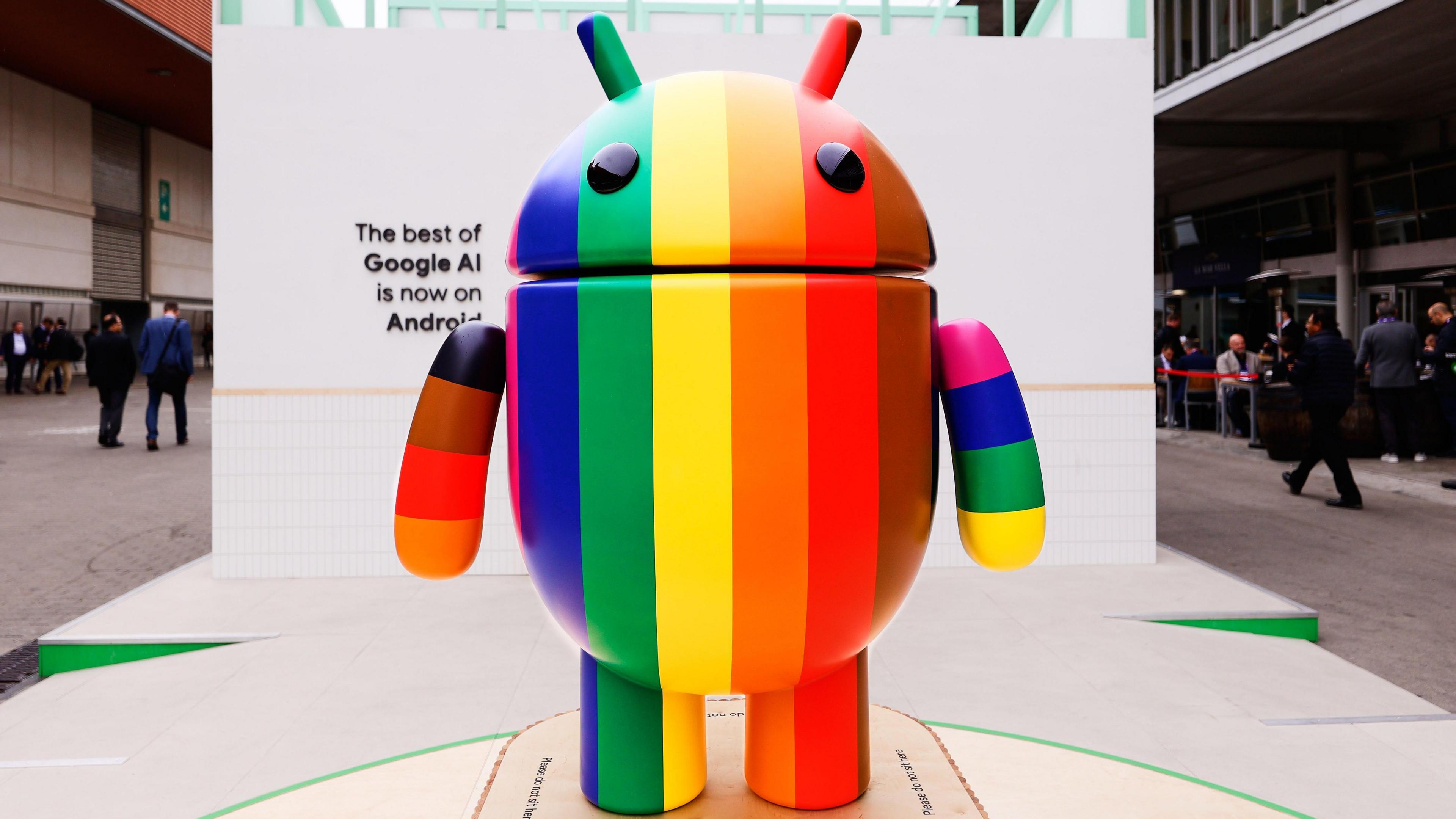
The U.S. Supreme Court upheld a law that would ban TikTok from operating in the United States unless its Chinese parent company, ByteDance, sells the platform by this Sunday. TikTok had challenged the law, arguing it would infringe on the free speech rights of its more than 170 million users in the U.S.
However, this argument was unanimously rejected by the U.S. Supreme Court, meaning TikTok must now find an approved buyer for the U.S. version of the app or face removal from app stores and web hosting services. The White House stated that the enforcement of the law would be the responsibility of the incoming administration of President-elect Donald Trump, who takes office next Monday. Trump has pledged to make a decision in the "near future."
TikTok CEO Shou Zi Chew is expected to attend Trump's inauguration along with other prominent figures. He expressed gratitude for the President-elect's commitment to working with the app and keeping it available in the U.S. Both Democratic and Republican lawmakers voted in favor of banning the video-sharing app last year, citing concerns about its ties to the Chinese government. TikTok has repeatedly stated that it does not share information with Beijing.
The law, passed last April, allowed TikTok's owner, ByteDance, until January 19, 2025, to sell the U.S. version of the platform to a neutral party to avoid an outright ban. This means that starting Sunday, Apple and Google will no longer offer the app to new users or provide any security updates to existing users, which could eventually lead to the app's demise. ByteDance has vowed not to sell TikTok and has stated plans to shut down the app's U.S. operations this Sunday unless there is a reprieve.
The Supreme Court ruled without dissent that the law did not violate the First Amendment's protections of free speech under the U.S. Constitution. The justices affirmed a lower court ruling that upheld the statute after ByteDance filed a challenge. "There is no question that TikTok provides a unique and wide-ranging source of expression, engagement, and community for more than 170 million Americans," the Supreme Court stated. "But Congress has determined that a divestiture is necessary to address its well-supported national security concerns about TikTok's data collection practices and relationship with a foreign adversary."
Following the Supreme Court's ruling, White House Press Secretary Karine Jean-Pierre said in a statement that President Joe Biden's position on TikTok has been clear for months: "TikTok should continue to be available to Americans, but it must be under U.S. ownership or another ownership that addresses the national security concerns that Congress identified in enacting this law." But she added that due to "a quirk of timing," the President recognizes that "the actions to enforce this law must be the responsibility of the next administration that takes office next Monday."
On Friday, Trump posted on his social media platform, Truth Social, saying, "The Supreme Court decision was expected, and everyone must respect it." "My decision on TikTok will be made in the near future, but I must have time to review the situation. Stay tuned!" He also revealed that he had spoken to Chinese President Xi Jinping about other issues, including TikTok. In December, Trump said he had "good feelings" about the app because it helped him win over young voters in the 2024 election. Trump's remarks mark a shift from his position during his first term as president, when he sought to enact a similar ban through an executive order.
Content creators have been saying goodbye to their fans ahead of the looming ban and have been speaking to the BBC about how it could impact their livelihoods. "I went from being a waiter to being able to own my own house, and it all started on TikTok," said Drew Talbert, who has more than five million followers. Kalani Smith, who has over three million followers, called the ban "a slap in the face." "Before TikTok, I was homeless, living in the back of my car. Using TikTok propelled me to where I am now," he said. "Everyone is praying for some kind of miracle—it feels like the government has turned their back on us."
Kylie Heye, who created a viral apple dance to a Charli XCX song, said: "The government taking away TikTok is essentially the government taking away millions of people's jobs." The ban comes amid heightened U.S. concerns about Chinese espionage. Cybersecurity firms believe that the app is capable of collecting user data that goes beyond what they see on TikTok. U.S. Attorney General Merrick Garland stated that authoritarian regimes should not have "unfettered access" to Americans' data, and that this decision prevents China from "weaponizing TikTok to undermine U.S. national security." China enacted a law in 2017 forcing Chinese citizens living abroad to cooperate with its intelligence agencies.
But Beijing denies that it pressures companies to collect information on its behalf and has criticized the ban. TikTok has repeatedly emphasized that it has not been asked to provide data. The app argues that the law jeopardizes free speech and will hurt its users, advertisers, content creators, and employees. TikTok has 7,000 employees in the U.S. TikTok and ByteDance lawyer Noel Francisco said during arguments at the Supreme Court that the app was "one of the most popular platforms for speech in America," and that the law would require it to "shut down" unless ByteDance sells the app.
Following the ruling, the app's CEO posted on TikTok, "This is a strong defense of the First Amendment and a rejection of arbitrary censorship." "We are grateful and delighted to have the support of a president [Trump] who truly understands our platform."
Here is a timeline of the events: April 24, 2024: Biden signs a bipartisan TikTok bill that gives Chinese parent company ByteDance six months to sell its controlling stake or be blocked in the U.S. May 7, 2024: TikTok files a lawsuit seeking to block the law, calling it an "extraordinary infringement on the right to free speech." August 2, 2024: The U.S. government sues TikTok, accusing the social media company of illegally collecting children's data and failing to respond when parents tried to delete their children's accounts. December 6, 2024: TikTok's effort to overturn a law that would lead to it being banned or sold in the U.S. beginning in early 2025 is rejected by a federal appeals court. December 27, 2024: President-elect Donald Trump asks the U.S. Supreme Court to delay the upcoming ban while he works on a "political solution." January 10, 2025: The nine Supreme Court justices hear arguments from lawyers representing TikTok and content creators who argue that the ban would violate the free speech protections of the platform's more than 170 million users in the U.S. January 17, 2025: The U.S. Supreme Court upholds the law that could lead to TikTok being banned within days over national security concerns. January 19, 2025: The deadline for TikTok to sell its U.S. stake or face a ban. TikTok has said it will "shut down" on this day.




















